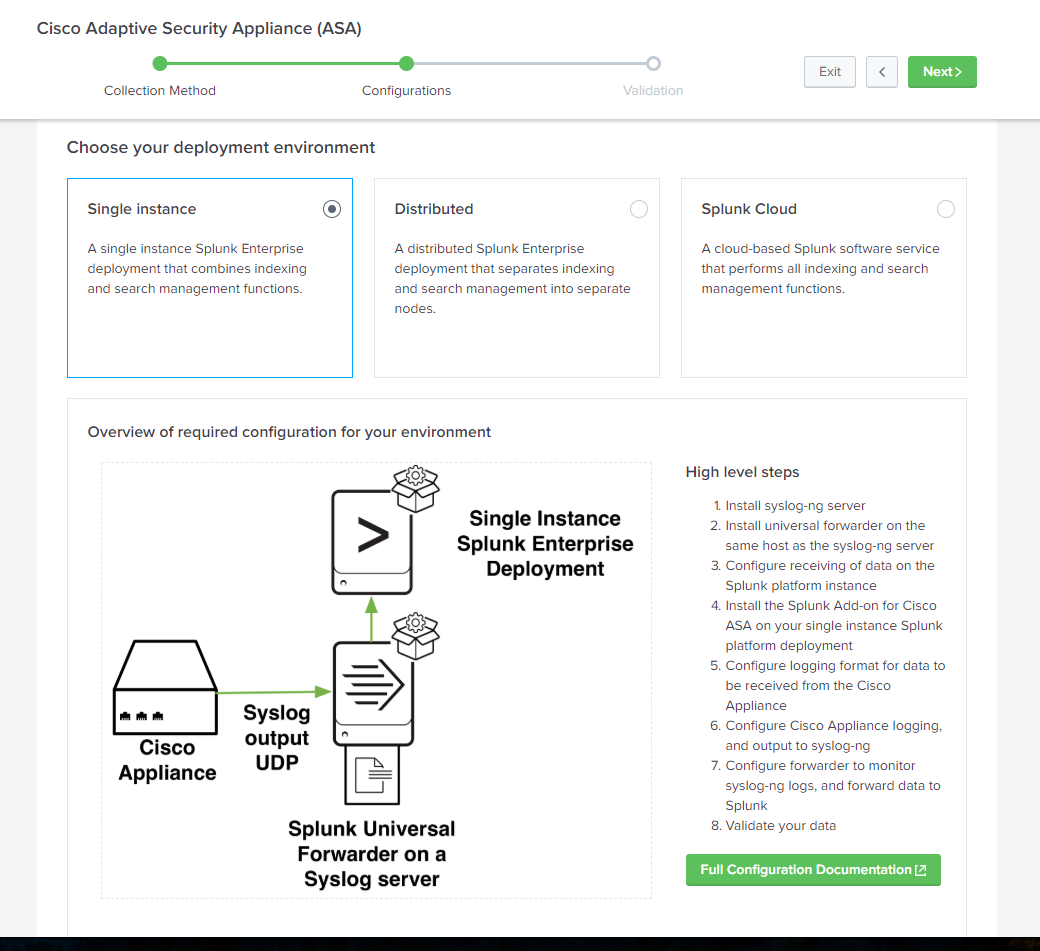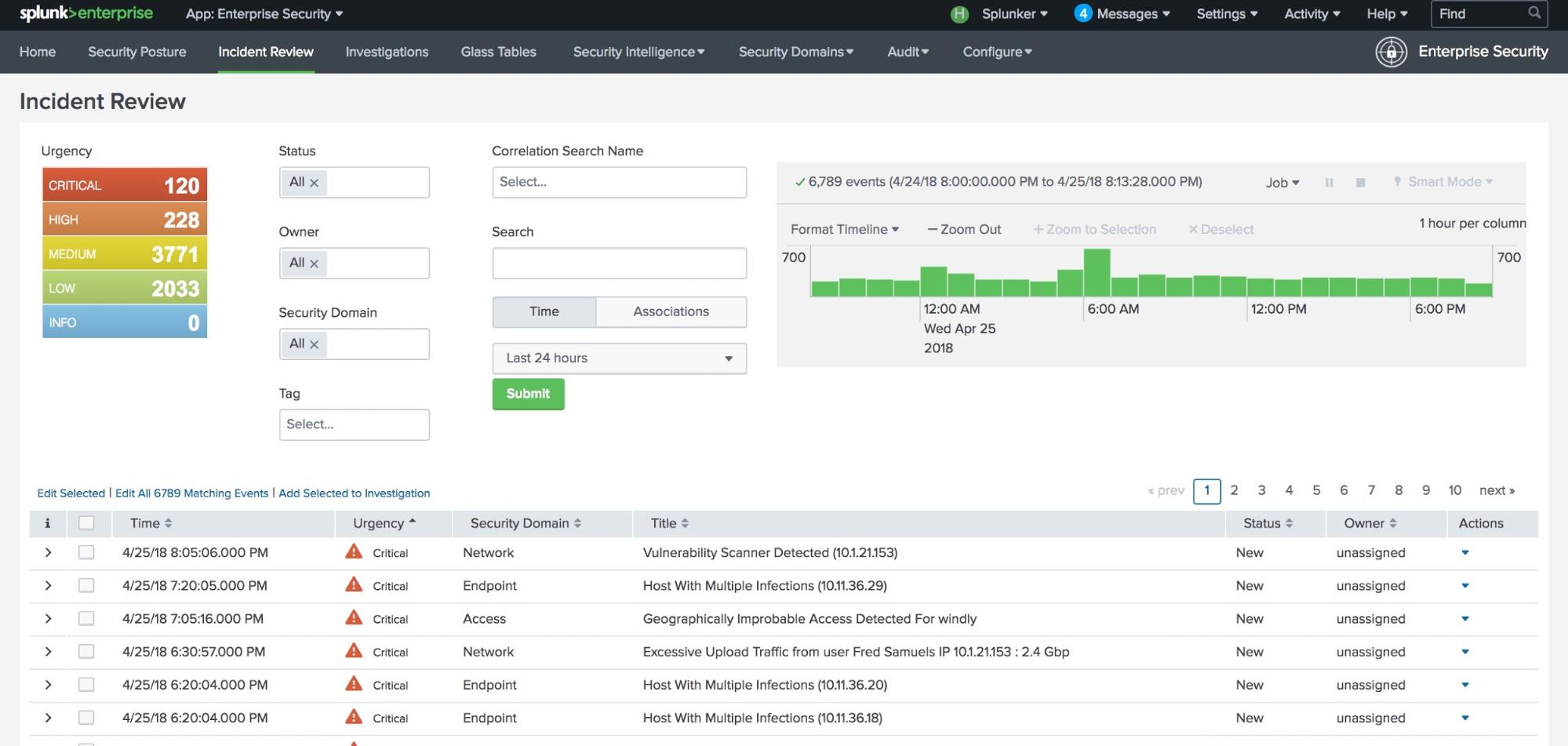

- Splunk enterprise versions cracked#
- Splunk enterprise versions code#
- Splunk enterprise versions password#
- Splunk enterprise versions crack#
Impact:Īn attacker with a Splunk Universal Forward Agent password can fully compromise all Splunk hosts in the network and gain SYSTEM or root level permissions on each host. The password is a strong SHA-256 hash and as such a strong, random password is unlikely to be cracked.
Splunk enterprise versions crack#
An attacker can attempt to crack the password using Hashcat, or rent a cloud cracking environment to increase liklihood of cracking the hash.

The password can also be accessed in hashed form in Program Files\Splunk\etc\passwd on Windows hosts, and in /opt/Splunk/etc/passwd on Linux and Unix hosts.
Splunk enterprise versions cracked#
This means if the password is found or cracked on one system, it is likely to work on all Splunk UF hosts. Splunk documentaiton shows using the same Universal Forwarding password for all agents, I don’t remember for sure if this is a requirement or if individual passwords can be set for each agent, but based on documentaiton and memory from when I was a Splunk admin, I believe all agents must use the same password. The following screenshot shows the Universal Forwarder agent, this initial page is accessible without authentication and can be used to enumerate hosts running Splunk Universal Forwarder. A remote attacker can brute force the password without lockout, which is a necessity of a log host, since if the account locked out then logs would no longer be sent to the Splunk server and an attacker could use this to hide their attacks. As you will note in my demo, complexity is not a requirement as my agent password is 12345678. The username is always admin, and the password default used to be changeme until 2016 when Splunk required any new installations to set a password of 8 characters or higher.

Universal Forwarder is accessible on each host at Accessing any of the protected API calls, such as /service/ pops up a Basic authentication box. Many organizations use Syslog to send data to Splunk instead of installing an agent on Linux/Unix hosts but agent installation is becomming increasingly popular. Splunk provides agent binaries for Windows, Linux, Mac, and Unix. Splunk Enterprise Server is a web application which runs on a server, with agents, called Universal Forwarders, which are installed on every system in the network. Splunk is a data aggregation and search tool often used as a Security Information and Event Monitoring (SIEM) system. Splunk UF passwords are relatively easy to acquire, see the secion Common Password Locations for details. Gaining the password could lead to the compromise of hundreds of system in a customer environment. This attack is being used by Penetration Testers and is likely being actively exploited in the wild by malicious attackers.
Splunk enterprise versions code#
This allows an attacker who gains access to the UF agent password to run arbitrary code on the server as SYSTEM or root, depending on the operating system. The UF agent doesn’t validate connections coming are coming from a valid Splunk Enterprise server, nor does the UF agent validate the code is signed or otherwise proven to be from the Splunk Enterprise server. The Splunk Universal Forwarder Agent (UF) allows authenticated remote users to send single commands or scripts to the agents through the Splunk API. Abusing Splunk Forwarders For Shells and Persistence Description:


 0 kommentar(er)
0 kommentar(er)
